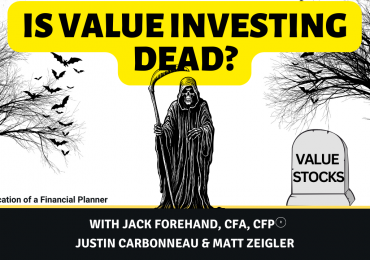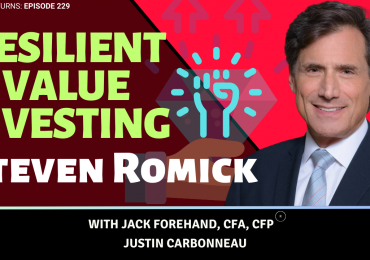Generally accepted investing wisdom has always called for long-term investors to “buy the dips” and add to their positions as the market declines. This advice makes sense in most cases, but as the WSJ’s Jason Zweig points out, the “buy the dips” refrain needs to be thought about in the context of an investor’s time horizon and how market returns occur. For younger investors, by the dips can be a very sound philosophy, but for older investors close to retirement, the exact opposite is often true. Zweig explains that “sequence risk”, which refers to the order in which stocks produce good and bad returns, is a very important factor in determining whether buying during market declines is an appropriate approach. For example, according to Zweig, “a 30-year period in which the stock market drops at the beginning and rises toward the end can have the identical average annual rate of return as a three-decade period in which stocks rise at the beginning and fall at the end. But the results will be drastically different.” Zweig highlights a few ways investors near or in retirement can try to eliminate sequence risk, including:
- Buy value stocks during periods of market overvaluation – Zweig’s article highlights research from GMO supporting this idea.
- Hold a high level of cash on hand or defer social security – This provides a cushion to help absorb market declines
- Purchase single-premium income annuities – These could work for some, but may not in many cases due to their cost and financial advisors lack of familiarity with them.
- Draw from home equity during market declines – The government’s home equity conversion program allows for borrowing at competitive rates to raise cash and avoid selling stocks during market declines.
Zweig’s overall point is that staying prudent and understanding the risks of stocks is one of the best ways to try and combat sequence risk. In the end, Zweig says that “the advice to buy more stocks every time they drop probably doesn’t apply” to those who are nearing or in retirement.








